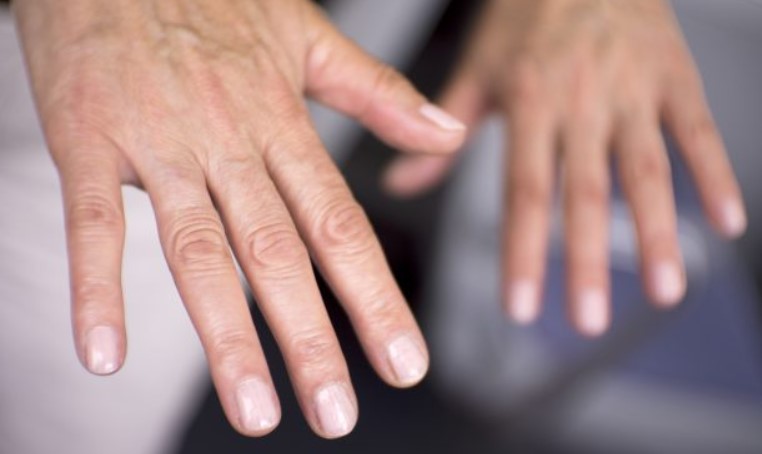Rheumatism – The Most Serious Threat to Health
The Greek word “rheuma” means swelling, which is what causes rheumatism. Health experts consider this disease to be one of the most serious threats. Despite its crippling effects, it rarely causes death. Pain and swelling of muscles, ligaments, tendons, and joints are symptoms of rheumatism, an acute or chronic illness. Young and old, men and women, are affected by it.
The heart is often affected by this disorder, resulting in inflammation of its lining and values. This condition is typically followed by a valvular organic disease of the heart. Even though rheumatism can be easily diagnosed, no two individuals suffer from it the same way. In terms of its development, this disease has too many variations.
Rheumatism can be classified roughly into two types, depending on whether it is acute or chronic. There are two types of rheumatism: muscular rheumatism and articular rheumatism. Muscle-related types are, however, far less common than joint-related types. Children and young people are most commonly affected by the acute form, whereas adults are more commonly affected by the chronic form.







